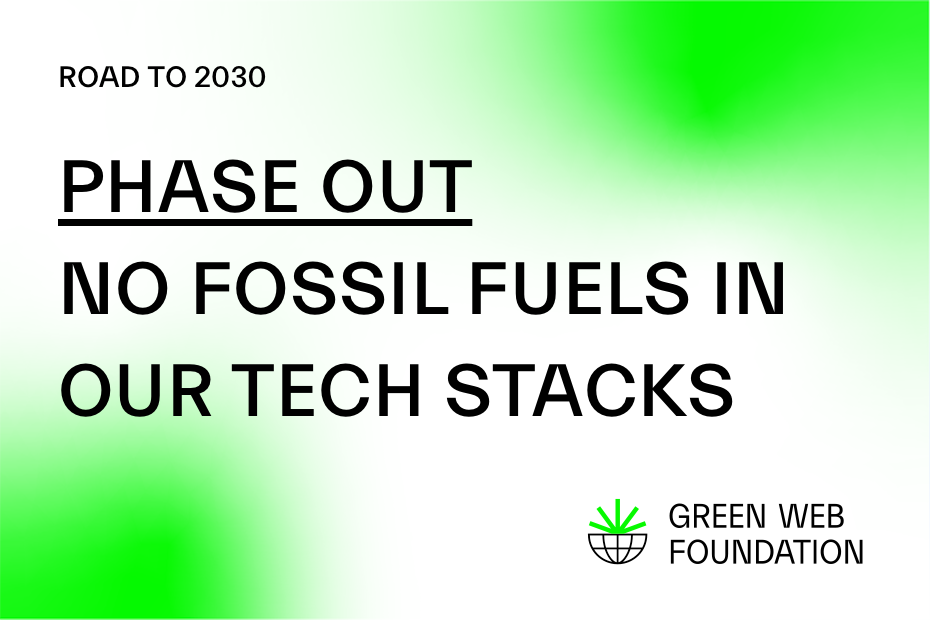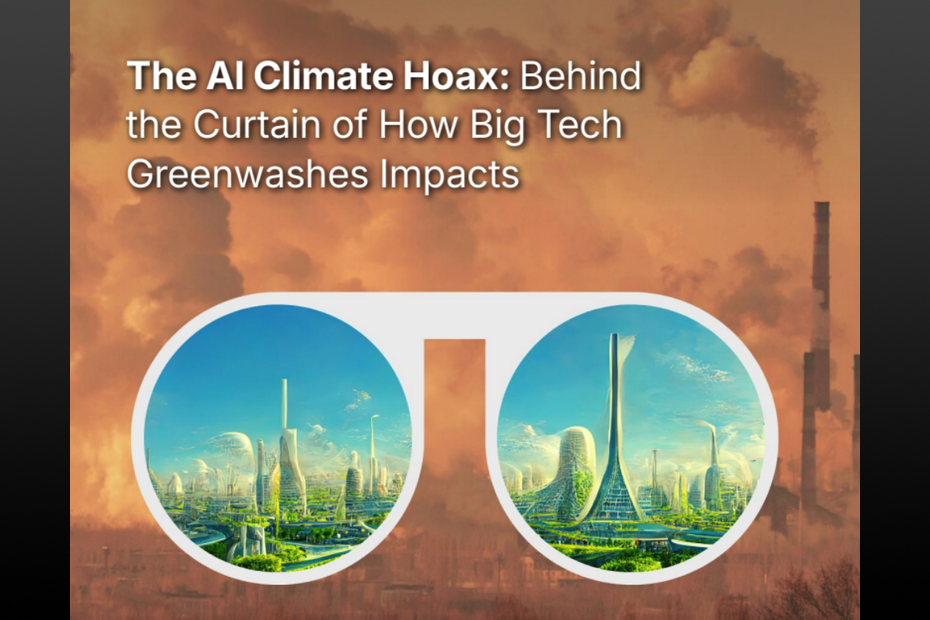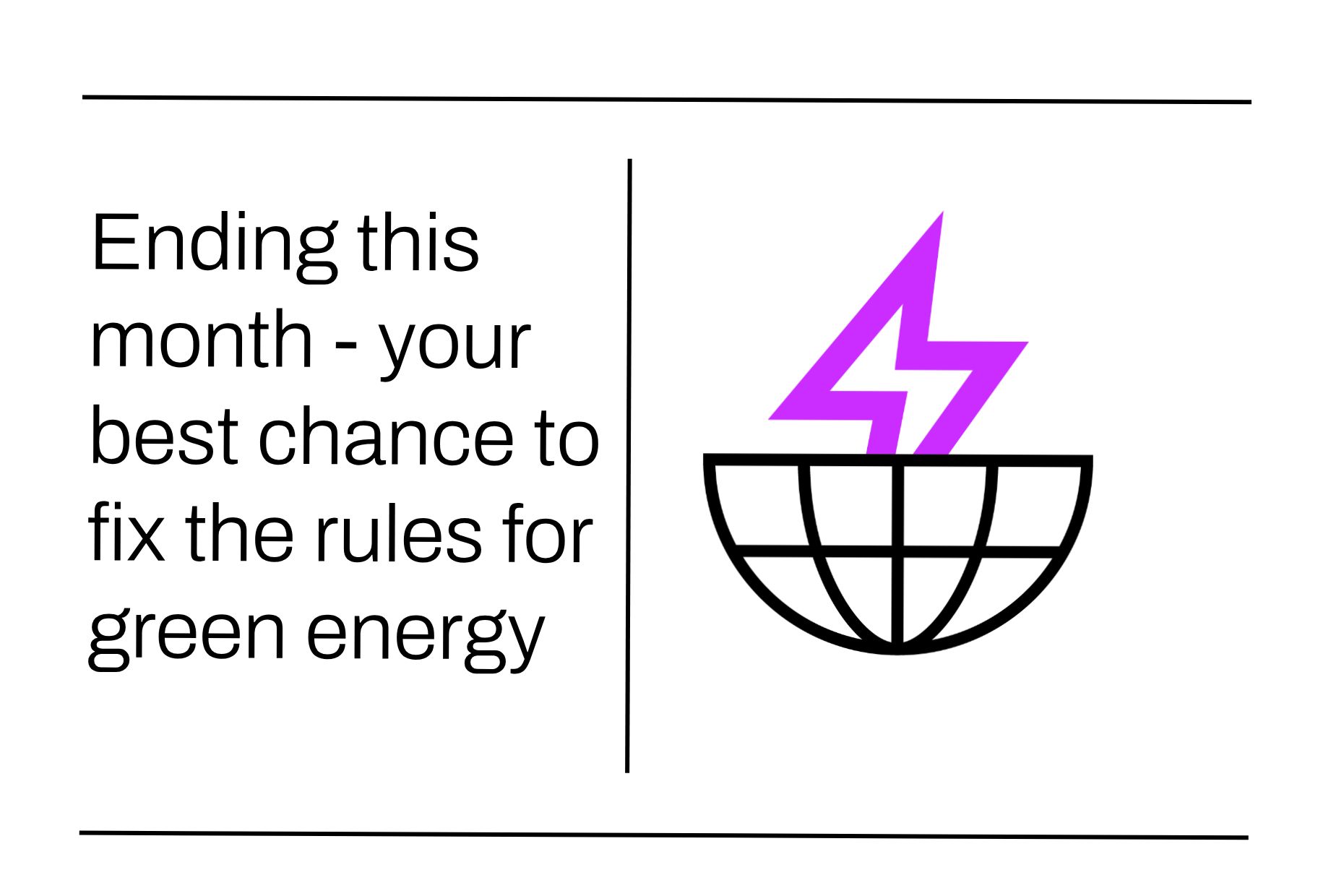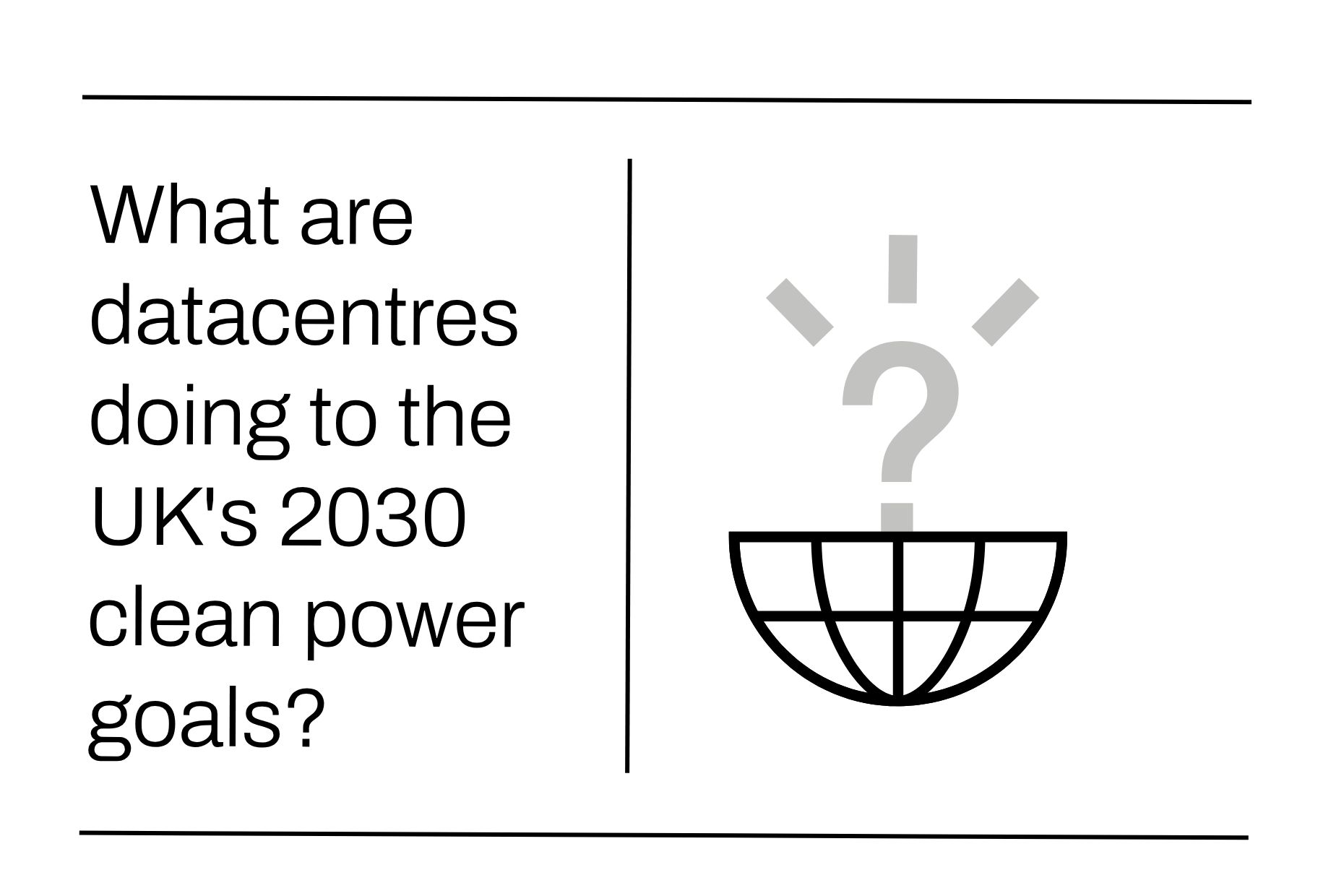We’re in the midst of preparing a response to the EU’s AI Continent Plan, which calls for tripling computational capacity in Europe and the construction of “AI gigafactories.” Omitted from this plan are assurances that this investment will not undermine the European Union’s existing climate targets, including reducing greenhouse gas emissions by at least 55% by 2030. Nor is there even mention of the EU’s goal of “achieving climate-neutral, highly energy-efficient and sustainable data centers by no later than 2030.”
The need to immediately reduce absolute emissions is not just a topic in Europe. The International Energy Agency and the ITU both have recommended halving emissions in the digital sector by 2030. However, current trajectories are greatly lacking. This post is an invitation to other concerned people to see how we might team up and counter this very worrying trend.
The road to meeting binding climate commitments by 2030 is fraught. Many policy spaces are under pressure to deregulate, to over-invest in digital infrastructure, to subsidize an oligopoly with public money, and to fast-track the construction of data centers and the manufacturing of chips. These investments often do not align with the best available science nor the imperative to operate within the life-supporting boundaries of the planet.
At the Green Web Foundation, we are committed to phasing out fossil fuels in our tech stacks. By 2030, all of the infrastructure that powers our digital economy must be fossil-free.
To achieve that, we call for:
- Phase out fossil fuels—fast, fairly and forever.
- Reduction of absolute emissions in alignment with the best available science.
- Only accept green energy claims that actually displace fossil fuels.
Claims around green energy are just as fraught. There is (rightly) a lack of trust in disclosures and carbon accounting. To counter that, we join leading scientists and advocates calling for green energy claims that meet the following criteria:
- Every hour of usage in a data center is matched with 100% renewable energy that is generated locally and additive to the local grid.
- All claims about energy generation and consumption must be publicly accessible and independently verifiable.
- Decarbonization goals are set and met with binding interim targets.
- Carbon offsets are rejected.
- Communities are empowered to participate meaningfully in decisions about energy generation and consumption
The scientific consensus is clear: fossil fuels must be phased out to reduce the greenhouse gas emissions heating the planet. In 2024, the 1.5C global warming limit was surpassed across the entire year, and the boundaries of several life-supporting planetary systems have been exceeded. Devastating heat waves, storms, fires and floods remind us of how human activity impacts all life on this planet.
If digital technology has a role to play in our lives, it must at a minimum operate without burning fossil fuels. Tech stacks should be fossil-free, or they should not be in operation. For the computation we do have, it should be directed to tasks that are beneficial to our social and ecological well-being and with meaningful participation from the communities impacted by these infrastructures.
This is the orientation we’re taking into our policy, technical and movement organizing work. Do these ideas resonate with you? Would you like to work together to phase out fossil fuels in our digital infrastructure? Get in touch! We’d love to team up.



